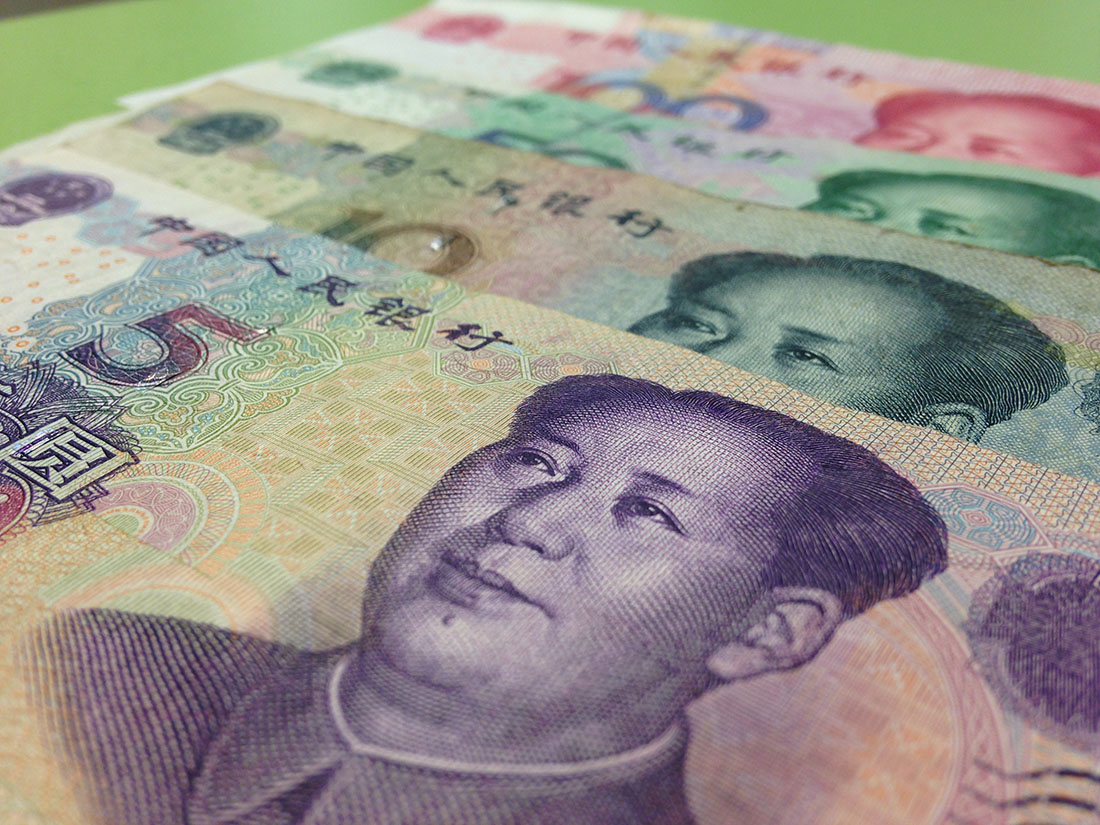In the aftermath of the stock market freefall in June, China is facing three potential economic bubbles — but they are manageable, a China expert said Wednesday during a forum at the American Enterprise Institute.
Rising real estate prices, growing debt and the decline in the stock market are three potential risks for China, but the country’s unique economy may mitigate the peril, said Yukon Huang, senior associate at Carnegie Endowment for International Peace.
With China’s slow growth and soaring debts, some analysts worry it will follow Japan’s economic trajectory and face stagnation in the near future. Even though economists agree on the slow economic outlook for China, many do not see economic bubbles bursting in the near future.
China’s bubbles are “manageable,” said Huang, a former World Bank country director for China.
China’s real estate prices have soared dramatically, Huang said, because China did not have a private property market before the late 1970s. In 2015, he said housing prices in Beijing and Shanghai are half of those in Bombay and New Delhi in neighboring India.
“The debt surged, two thirds of it was to finance a higher land value. If the land has value, the debt is not a problem. If that land does not have value, you got a crash coming,” said Huang who holds a Ph.D. in economics from Princeton University.
The stock market in China, he said, reflects not economics, but politics. Therefore, the stock market crash was not a true indicator of problems, Huang said.
Derek Scissors, Asian economic resident scholar at American Enterprise Institute, noted that the financial system in China is immature. Fundamental growth is the important issue, Scissors said, not the ups and downs of the stock market in China.
He said Chinese investment was at overcapacity. “We want China’s investment growth rate to drop,” Scissors said.
Scissors argued that China’s economic problem dated back to 2003 when the Hu Jintao government massively expanded investments, which brought along the overcapacity and soaring debt.
Calling China’s continued loose monetary policy the “definition of insanity,” Scissors said further stimulus would only create more overcapacity.
In September, the Federal Reserve voted to keep interest rates unchanged in the United States out of concern that China’s financial crash would “restrain economic activity” and “put further downward pressure on inflation in the near term.”
The International Monetary Fund projects Chinese growth to slow from 7.3% in 2014 to 6.8% in 2015 and 6.3% in 2016, in its World Economic Outlook report.


